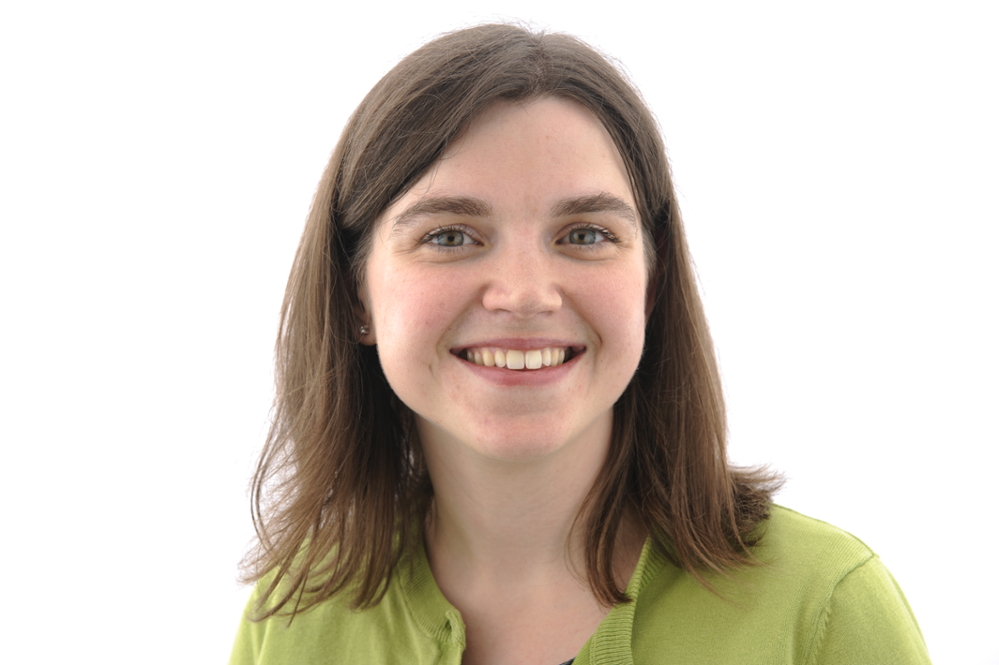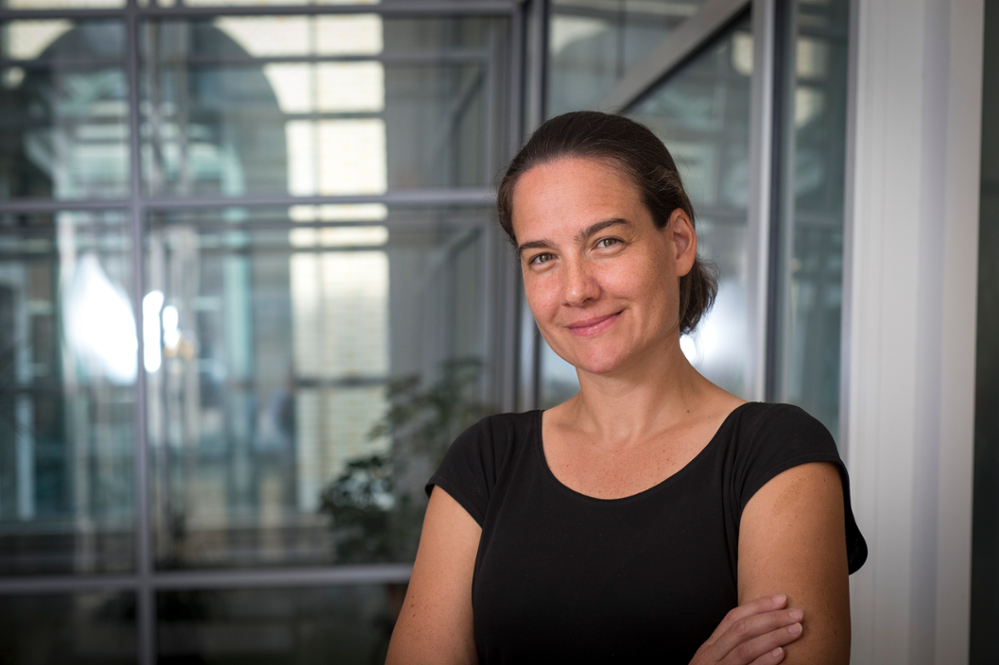
Abstract:
You can make a simple family tree by starting with a person at the root and then adding two branches for her parents, and then adding two branches for the parents of each of her two parents, and so on. Such a family tree is an example of a binary tree because each level of the tree has at most two branches. We'll see that every binary tree with infinitely many nodes has an infinite path; this result is called Weak Kőnig's Lemma. But just because we know a path exists, doesn't mean we can find it. Given Weak Kőnig's Lemma, it's natural to ask whether we can compute a path through a given binary tree with infinitely many nodes. It turns out the answer to this "Path Problem" is "no", so we say that the problem is not "computable". But then what exactly is the computational power of this Path Problem?
Using the Path Problem as a test case, we will explore the key ideas behind taking a "computable" perspective on mathematics (over an "existence" one) and describe an approach for measuring the computational power of mathematical problems. We'll see that the computational power of problems varies widely and studying problems' power helps to illuminate what really makes problems "tick".
This talk will highlight ideas from graph theory, theoretical computer science, and logic, but no background in any of these subjects is necessary.
Bio:
Karen Lange is the Theresa Mall Mullarkey Associate Professor of mathematics at Wellesley College. Her research is in mathematical logic, and specifically computability theory. She studies the "balance scales" used to calibrate computational information and applies these tools to measure eifficulty of algebraic problems. She's also passionate about making mathematics education more inclusive, equitable, and effective, and she teaches a seminar on writing for the public about mathematics. Outside of work, she loves to have living room dance parties with her spouse and kids. She earned her undergraduate degree at Swarthmore College and her doctoral degree at the University of Chicago, and she completed an NSF Postdoctoral Fellowship at the University of Notre Dame.

Abstract:
The Data Science Pipeline - far more than a set of Artificial Intelligence/Machine Learning algorithms. The first questions we ask, the early decisions we make, the final use and interpretation of our results - all of these play a crucial role when leveraging data-informed decision making for any problem. In this talk, we'll unpack what data science is with an emphasis on thinking about the entire data life cycle. We'll explore how data science is being used to tackle problems in fields like transportation logistics, retail, travel, professional sports, as well as take an insider's look at modeling influenza and the COVID-19 pandemic. We'll also focus on communication and collaboration because, at its heart, data science starts and ends with people.
Bio:
Rebecca Nugent is the Stephen E. and Joyce Fienberg Professor of Statistics & Data Science and Head of the Carnegie Mellon Department of Statistics & Data Science. She received her PhD in Statistics from the University of Washington, her M.S. in Statistics from Stanford University, and her B.A. in Mathematics, Statistics, and Spanish from Rice University.She has won several national and university teaching awards including the American Statistical Association Waller Award for Innovation in Statistics Education and serves as one of the co-editors of the Springer Texts in Statistics. She recently served on the National Academy of Sciences study on Envisioning the Data Science Discipline: The Undergraduate Perspective and is the co-chair of the recent NAS study Improving Defense Acquisition Workforce Capability in Data Use. She is the Founding Director of the Statistics & Data Science Corporate Capstone program, an experiential learning initiative that matches groups of faculty and students with data science problems in industry, non-profits, and government organizations. She has worked extensively in clustering and classification methodology with an emphasis on high-dimensional, big data problems and record linkage applications. Her current research focus is the development and deployment of low-barrier data analysis platforms that allow for adaptive instruction and the study of data science as a science.
